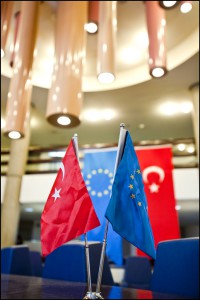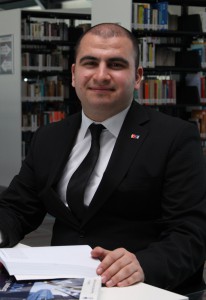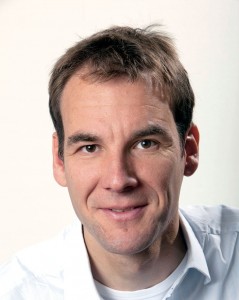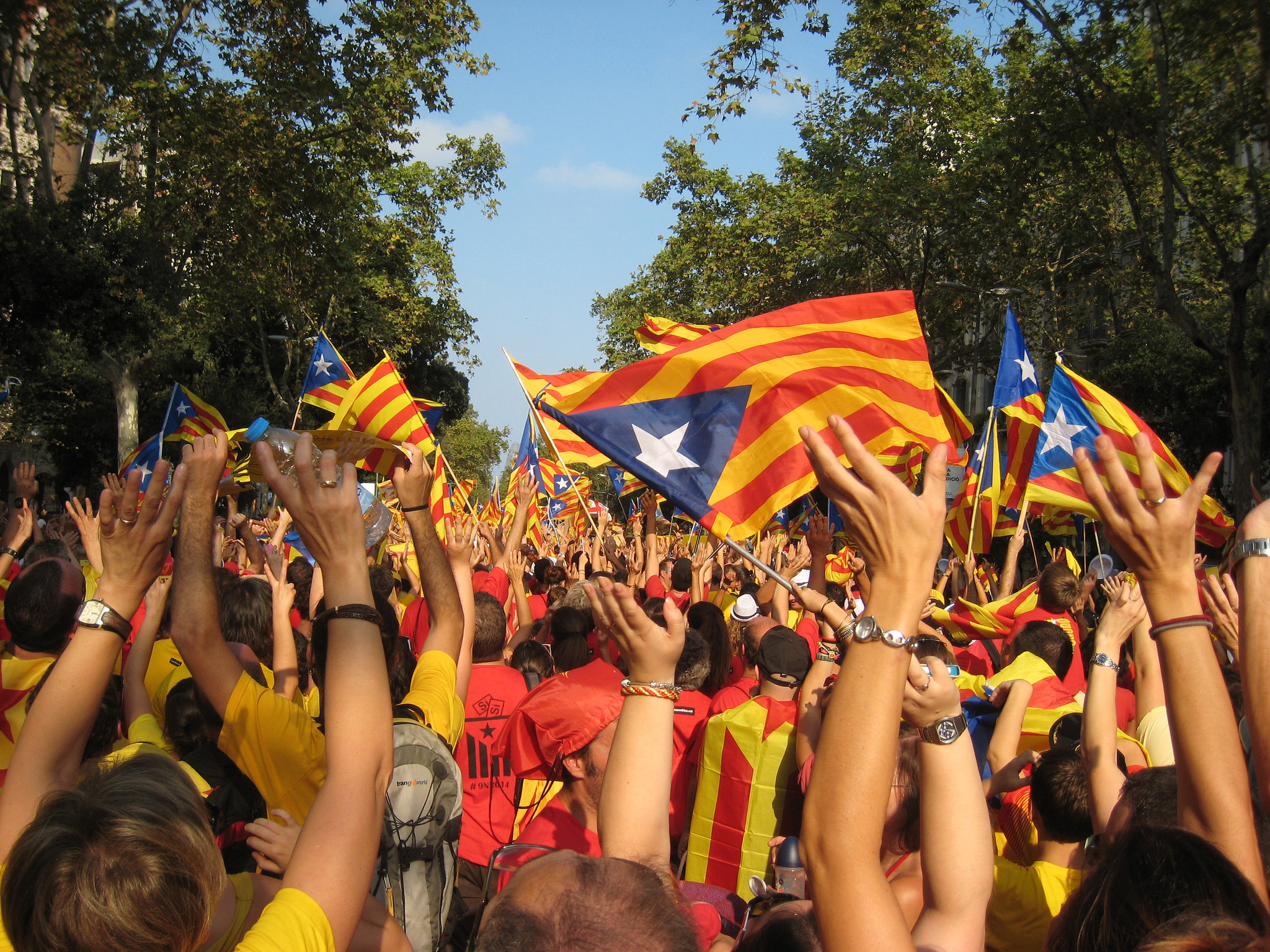
The idea of Europe as a unified and prosperous continent, particularly in light of the devastating financial crisis and recent election results, cannot be considered to sustain itself anymore. Especially young adults have expressed their disappointment and disillusionment with current political processes.
The European South is hit by soaring youth unemployment; economies are at the brink of collapsing; and while the political establishment preaches the end of the crisis and the dawn of economic recovery, people are steadily losing their trust in European institutions and the Euro as our common currency. It can be of no surprise that in these challenging times, people turn to what they know and understand best: their region. They can hardly be blamed.
It needs to be noted that the trend towards greater identification with regional communities is not necessarily a step away from Europe. Both the Scottish and Catalan independence movements, for example, stressed that they see themselves as part of the European Union, yet as independent countries with all the sovereign rights associated with the status.
The youth does not want borders
Young people of this day and age do not identify with overly nationalist notions anyways. A Europe made up of borders is inconceivable to them. In an increasingly globalized world, however, they have developed an acute sense for regional cultural heritage, for a feeling of belonging that exists outside of the normative political and economic structures.
We need to respect this desire for stronger regional identity and greater self-determination, especially when European integration is increasingly perceived among people as an imposition.
The drawing of new borders, however, cannot be the answer. The close cooperation of European states has benefitted all. A return to nation states will only reproduce the problems that brought them together in the first place. What Europe needs are new impulses, creative ideas, and a greater political will to finish what was started more than 60 years ago.
A new dawn for Europe?

In fact, the altered conditions offer a chance to redefine Europe. The slogan of the European Union “United in Diversity” could finally become symbol for a symbiosis of greater political and economic integration and the respect for cultural diversity. At the moment it too often seems like a hollow phrase.
Now is the time for European institutions to foster what young people across Europe have been fully aware of for quite a while: Europe needs to be a place for all. Being united in diversity requires us to acknowledge that Catalonia is not Transylvania. Both, however, are part of Europe and should be respected as such.
Not just a European question?
The European Union has been a model for other regions of the world. The Union of South American Nations (USAN) is not much unlike the European Community once was, the Eurasian Economic Union (EEU) will be a strong economic competitor in the future. The Association of Southeast Asian Nations (ASEAN) is even a step further as it has moved from purely economic cooperation to showing signs of political integration as well. It may be a utopian perspective of the future, but one day the European Union could be only one of several regional blocs spreading the entire globe. In a century or so these blocs might even start integrating with one another. Should that day ever come, respect for regional diversity will be more important than ever.
As you can see, the issue is one that needs to be discussed. If you are interested, join us tonight (Friday, November 14) for YOUTH ON EUROPE | Regionalisation of the EU. We will broadcast the discussion of MEP Elmar Brok with students of the Youth Council for the Future live on the internet.
About the author:
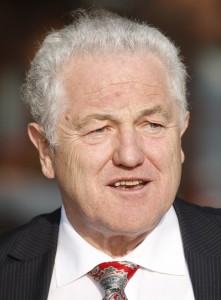 Prof. Dr. Manfred Pohl is the Founder and Chairman of Frankfurter Zukunftsrat, the think tank that organises “My Europe”. more…
Prof. Dr. Manfred Pohl is the Founder and Chairman of Frankfurter Zukunftsrat, the think tank that organises “My Europe”. more…

